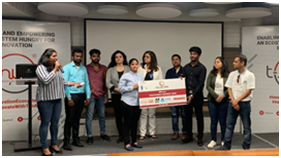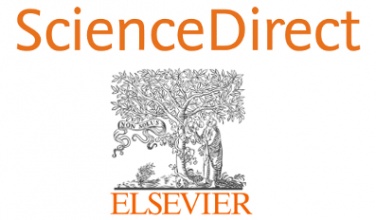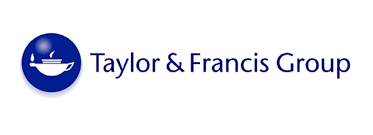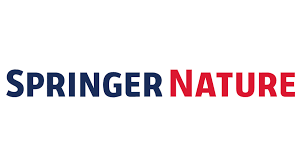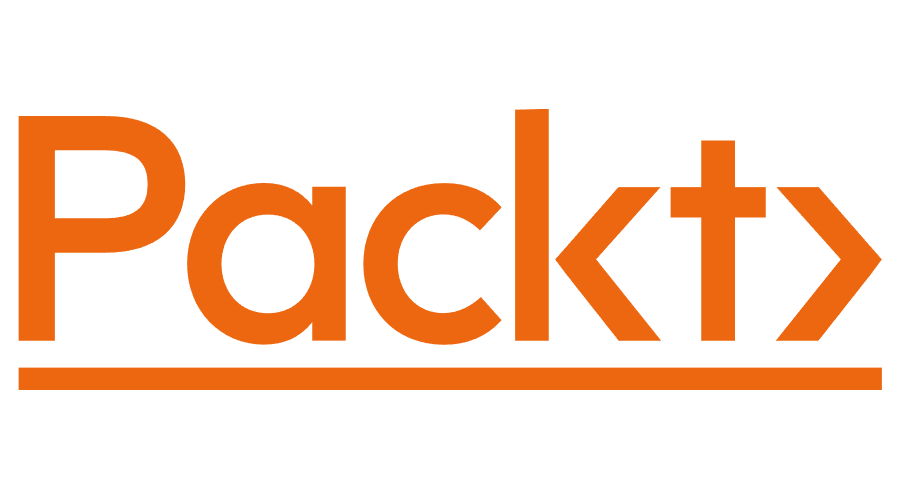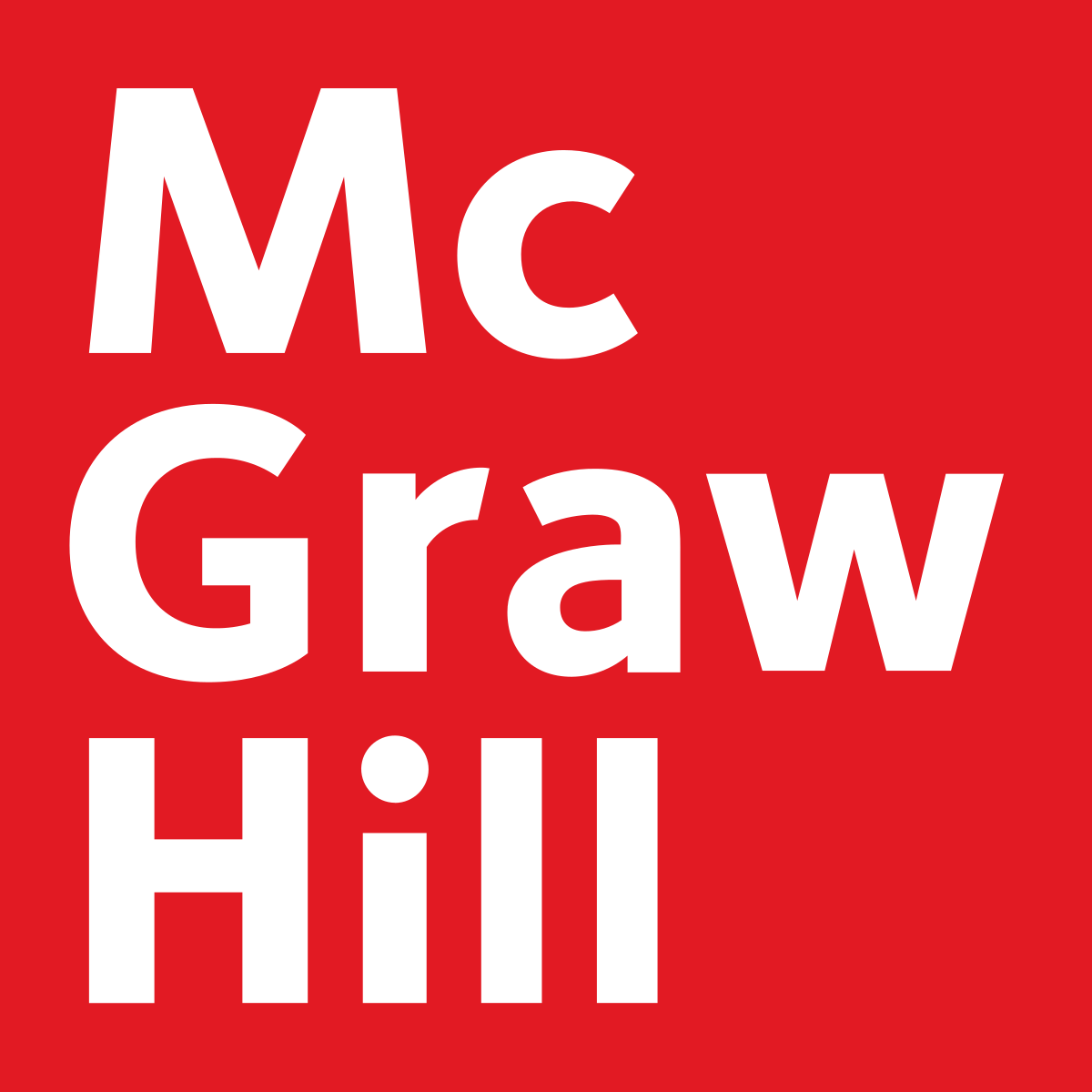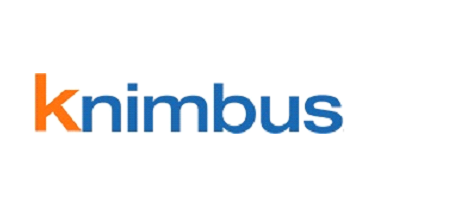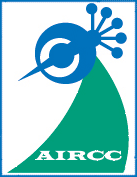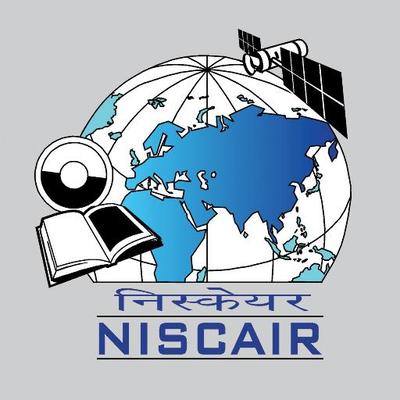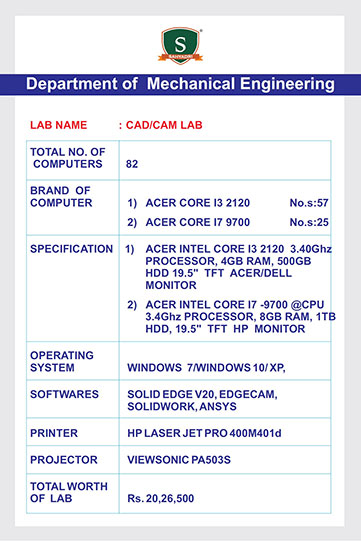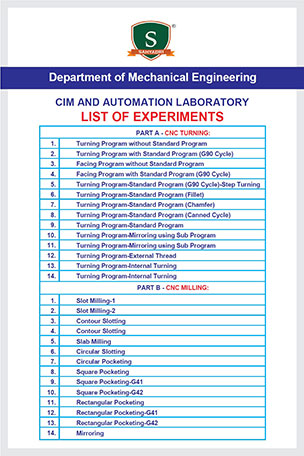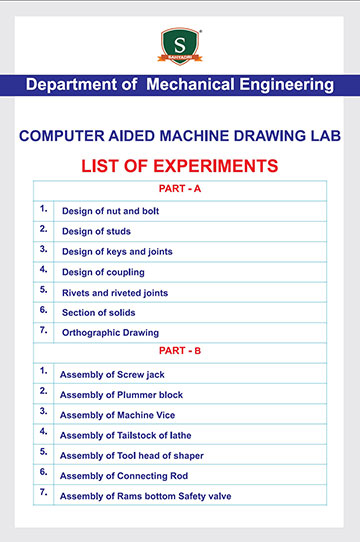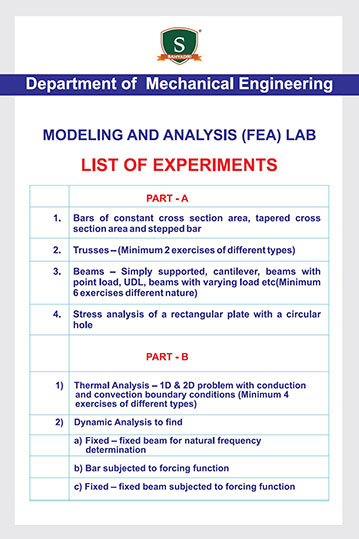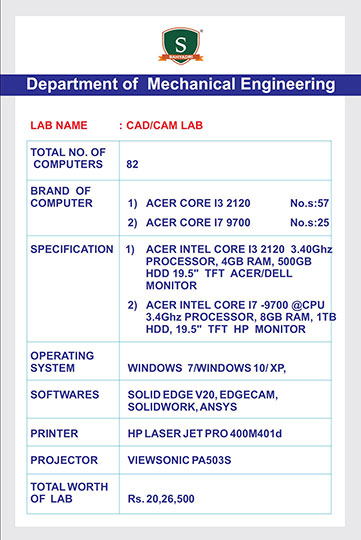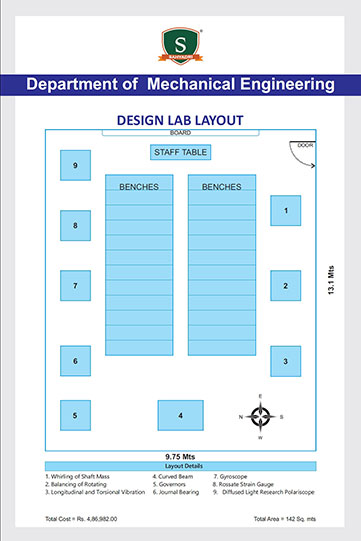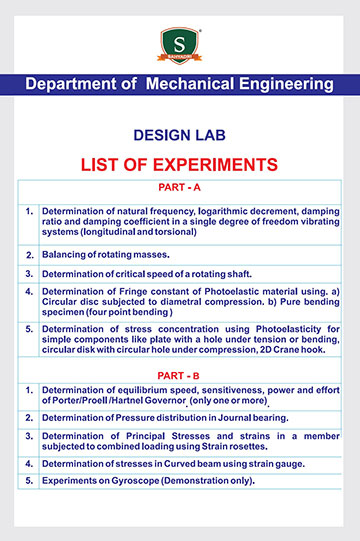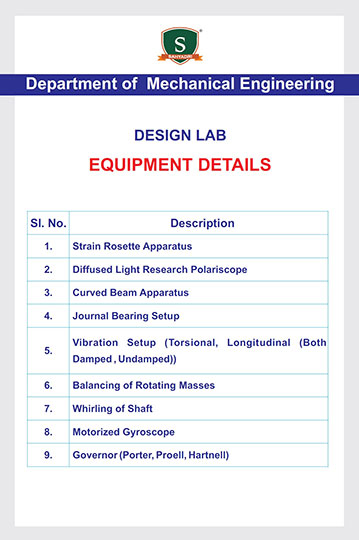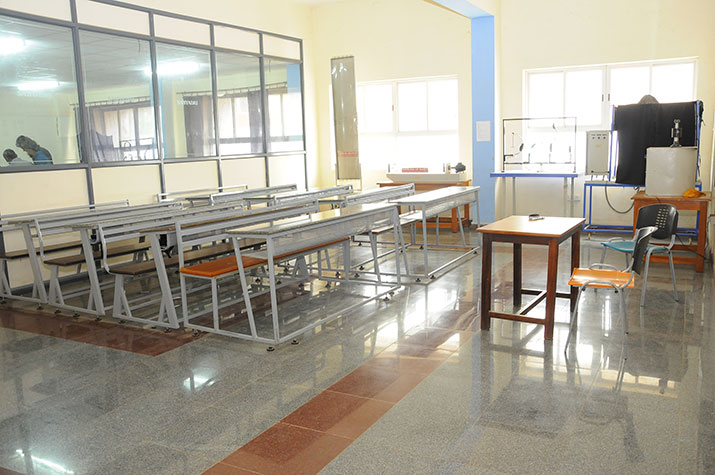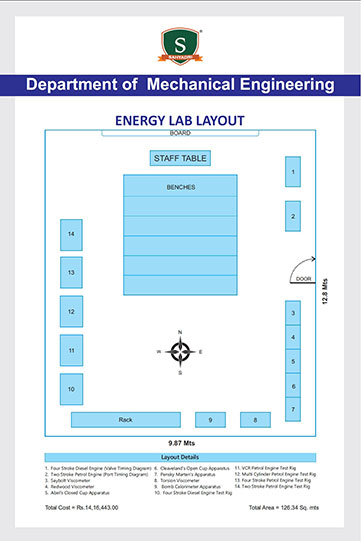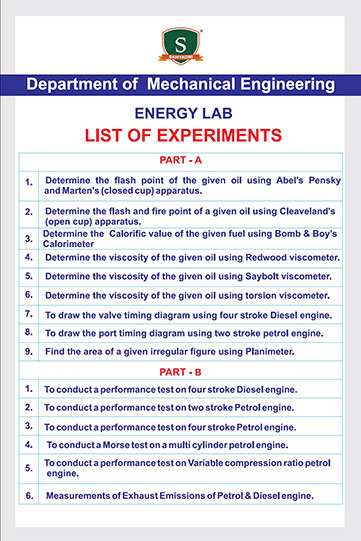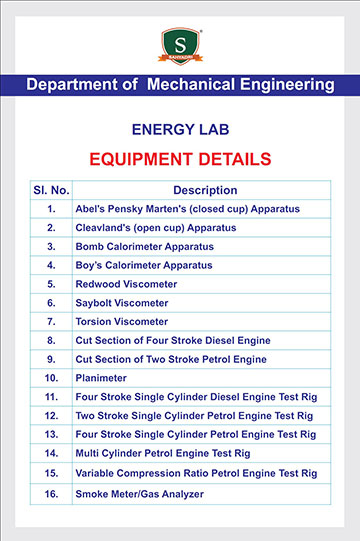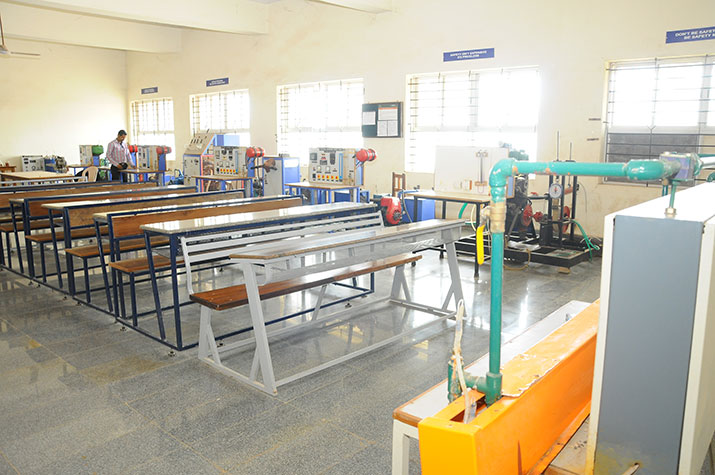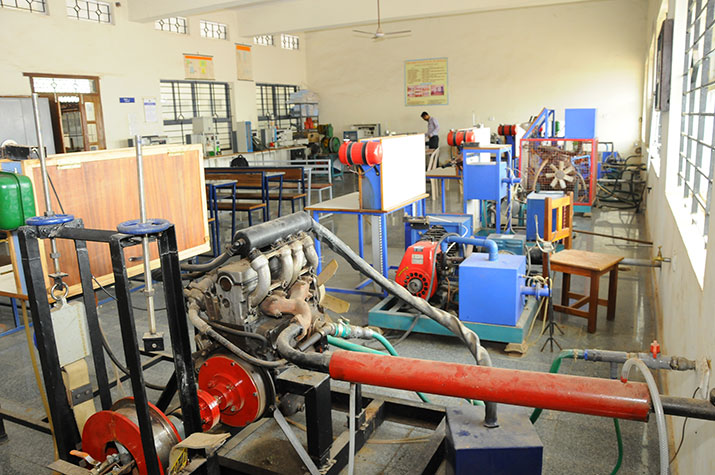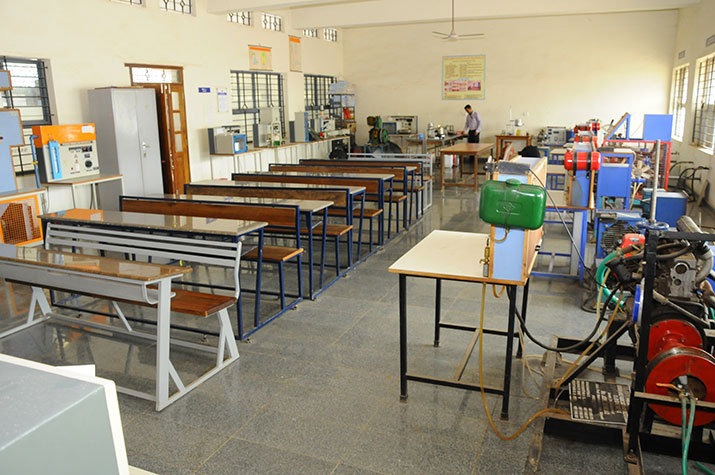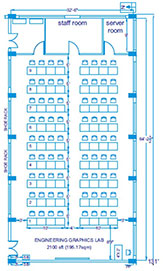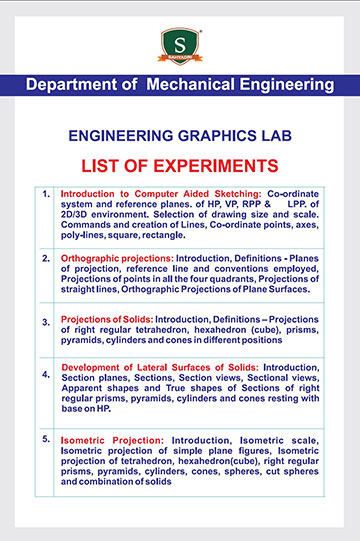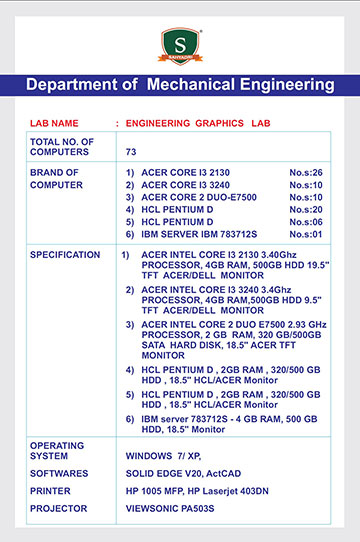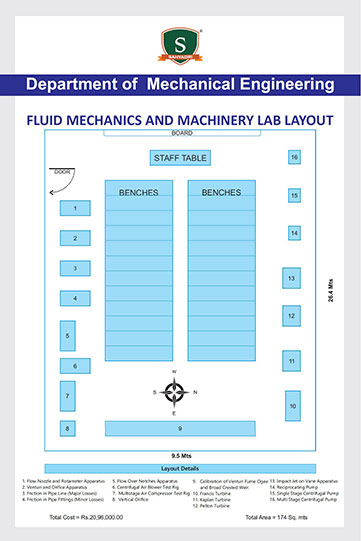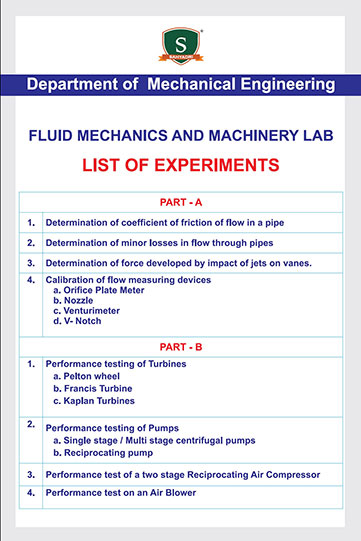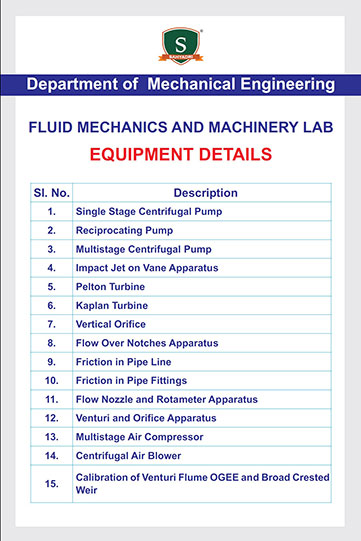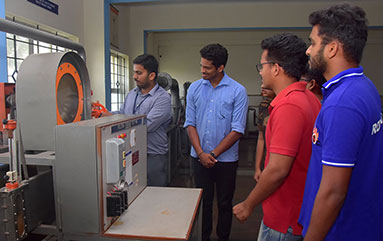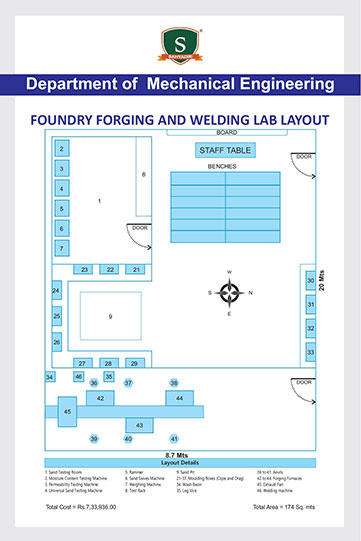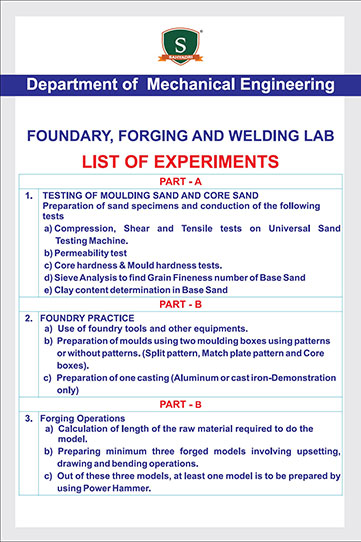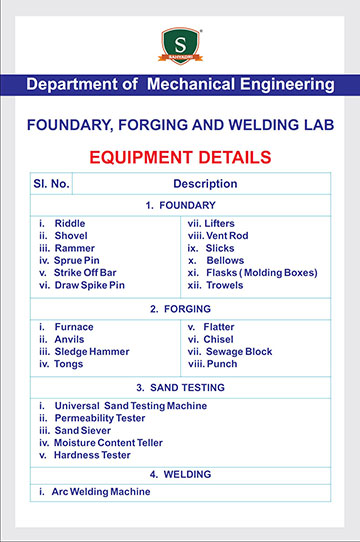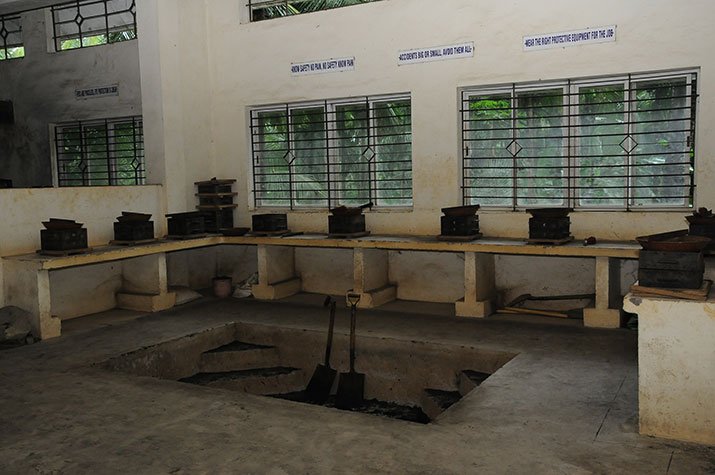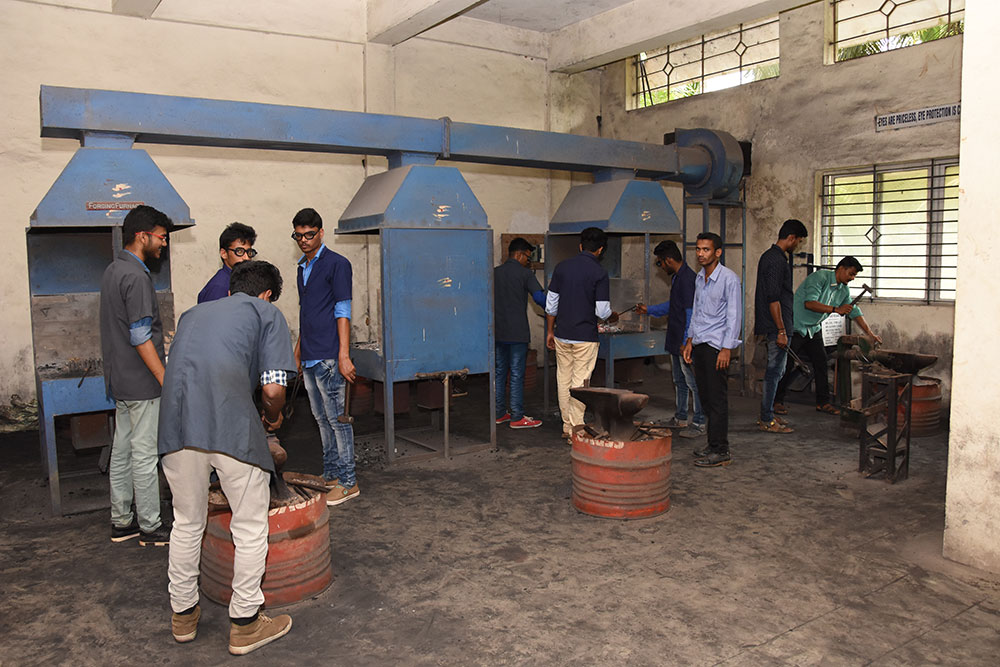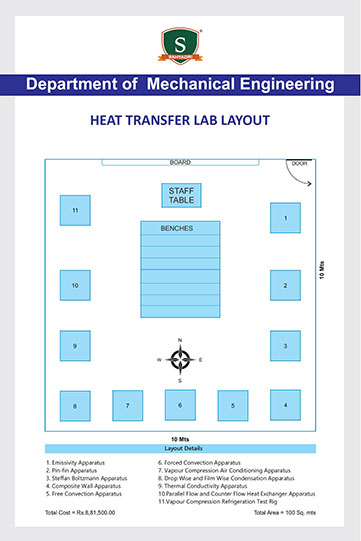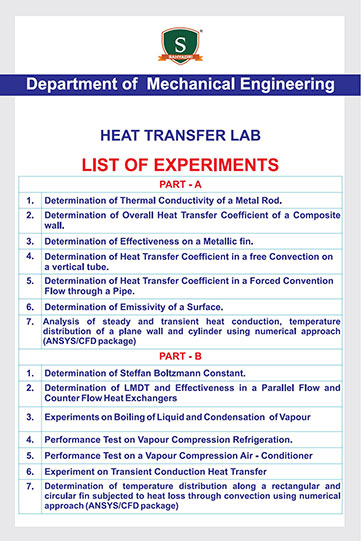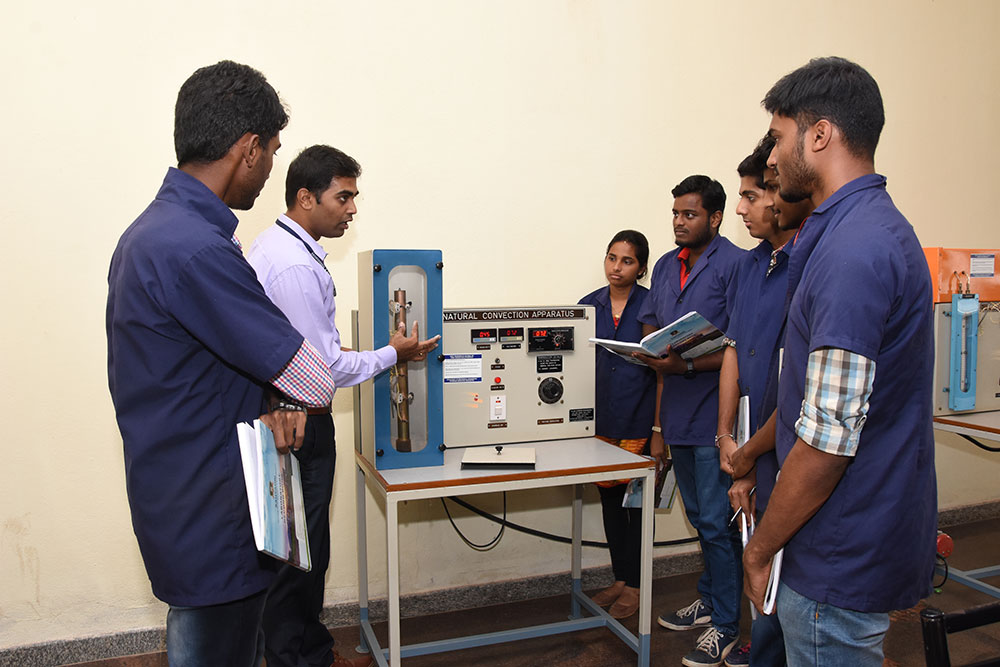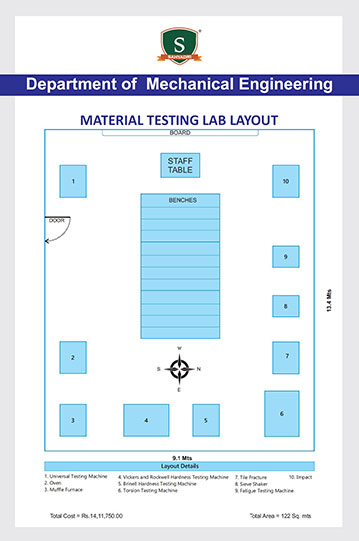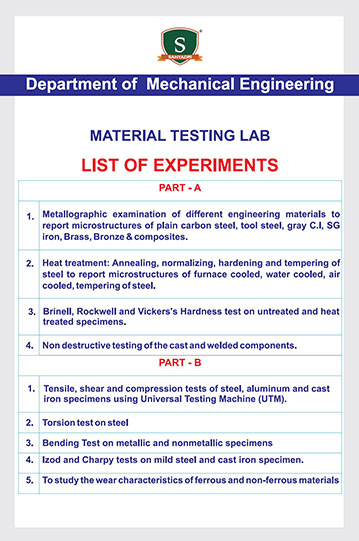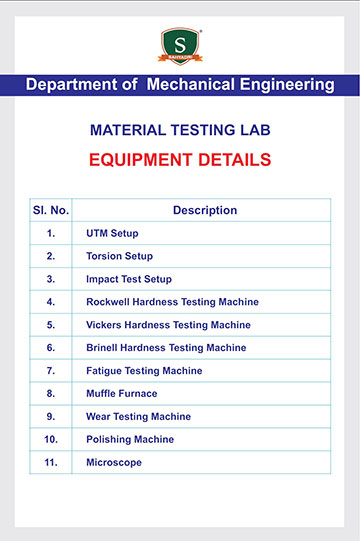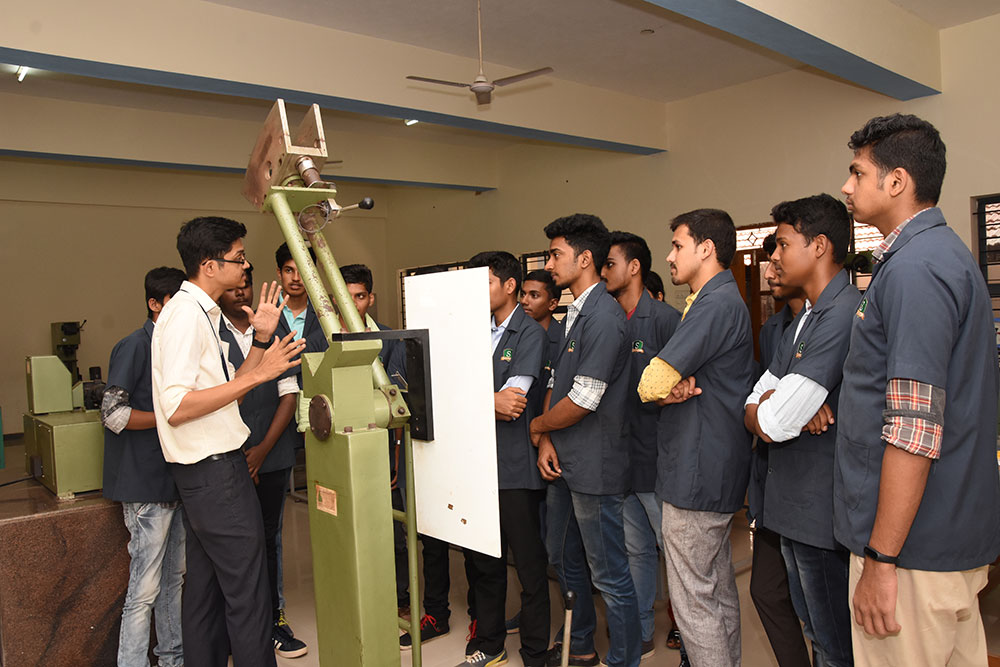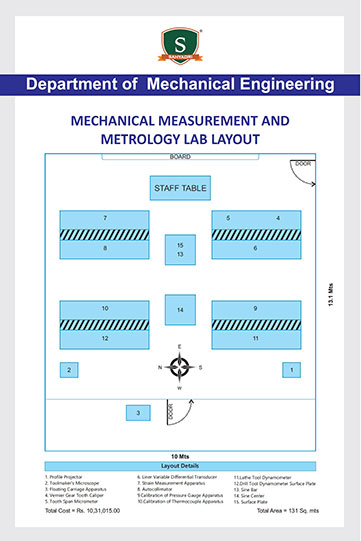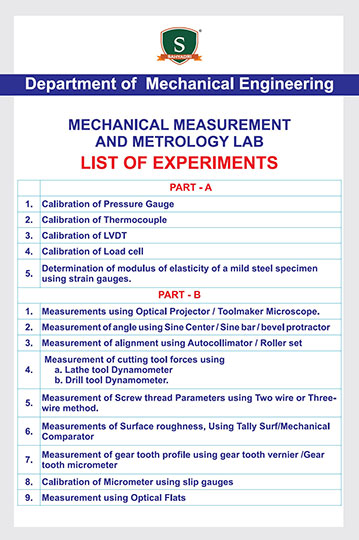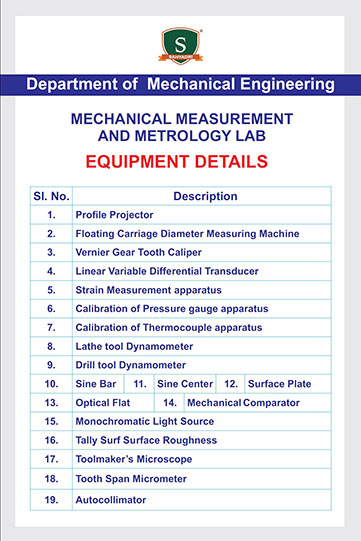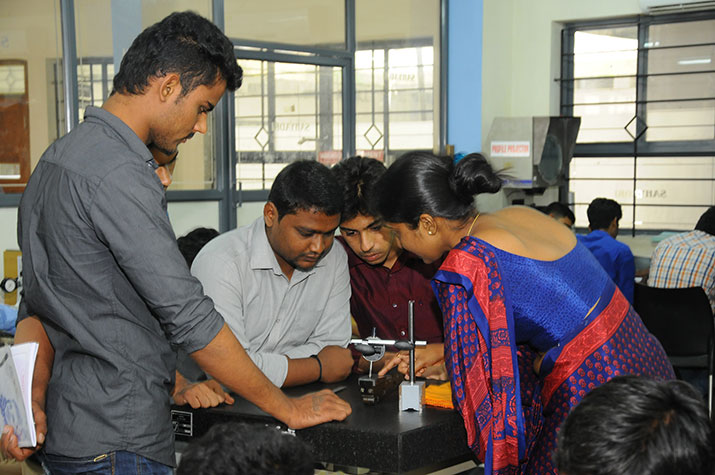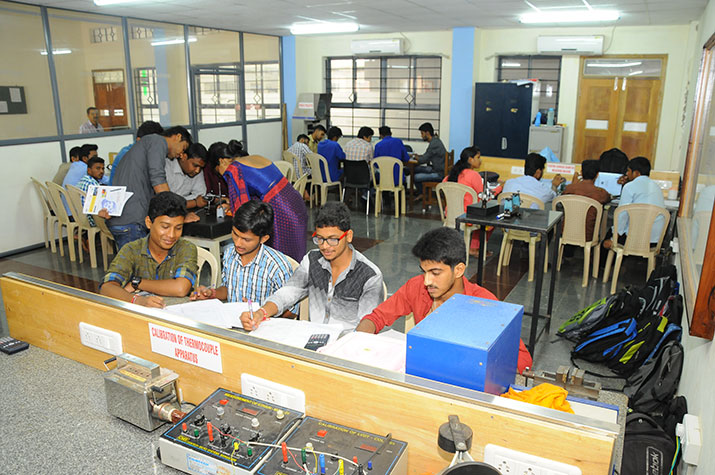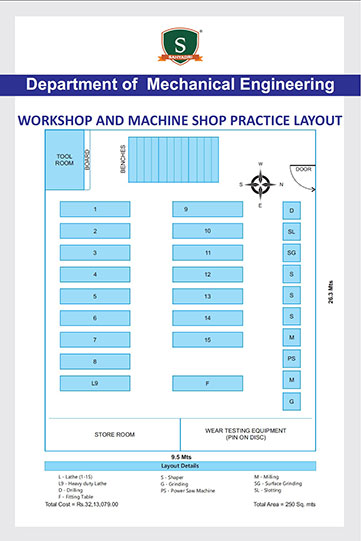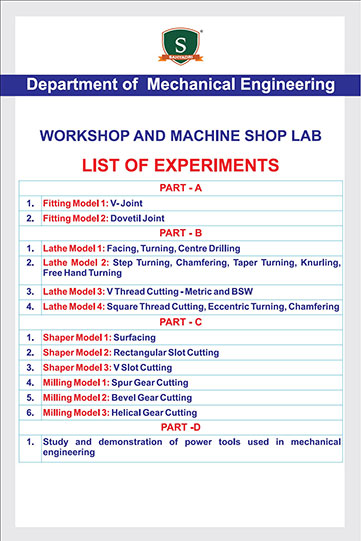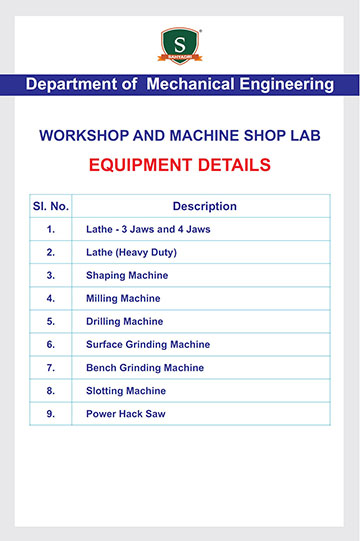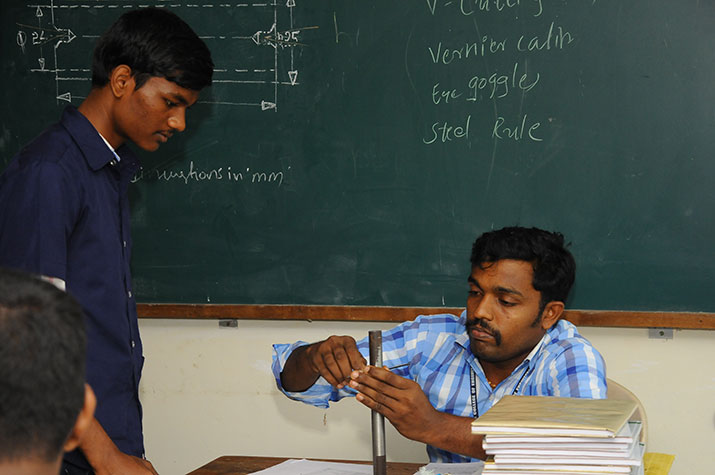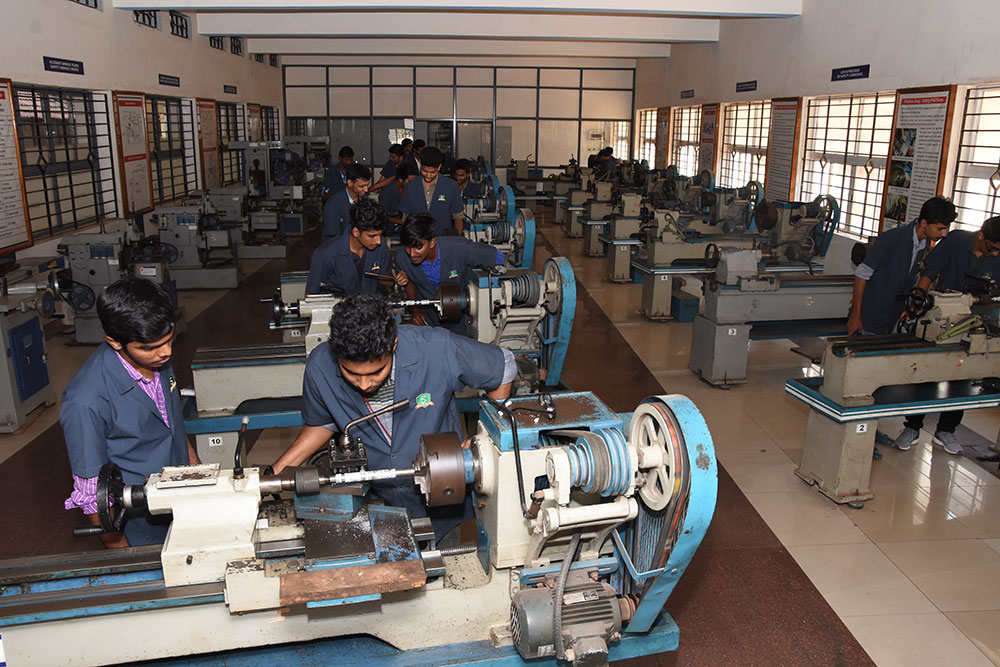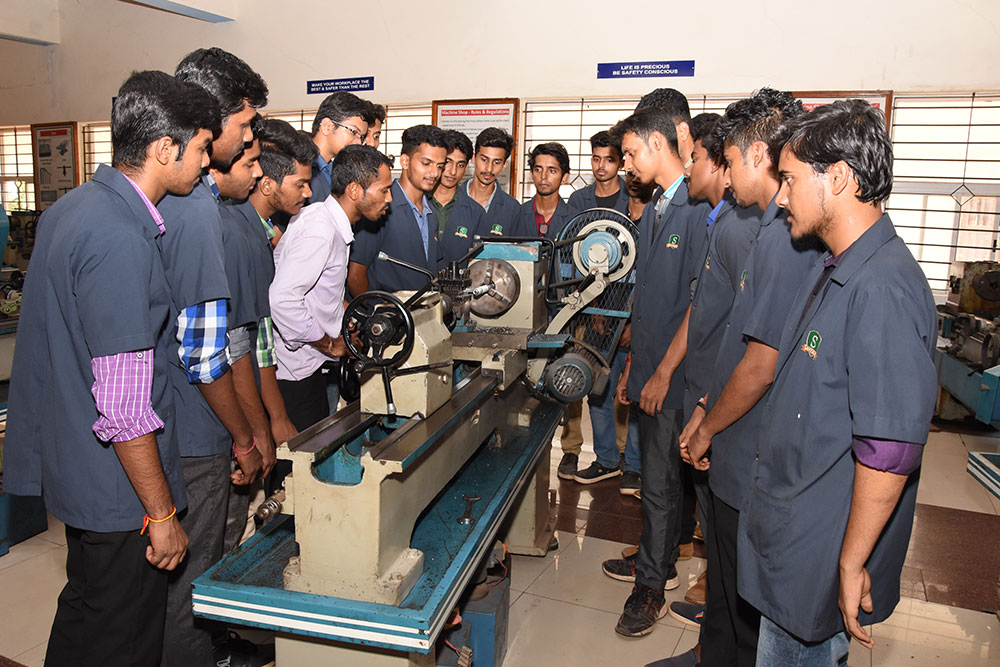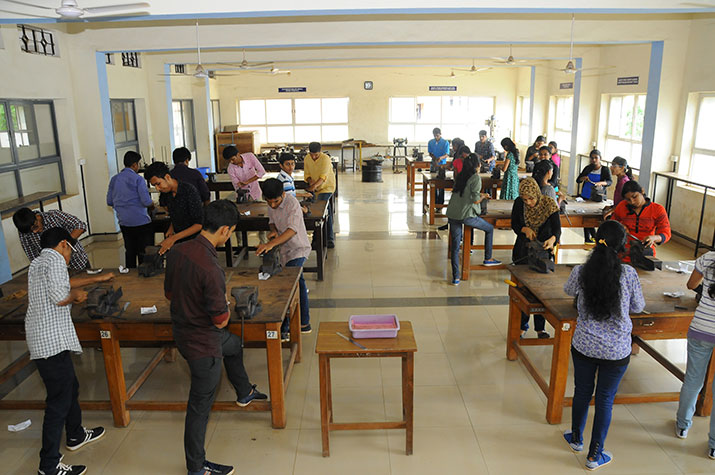About
Center for social Innovation thrives for the development of local communities through inclusive innovation in the Canara region. CSI is an expedition towards creating sustainable growth in the region through the endemic population, propelling innovation beyond domains of knowledge; with the hope to bring people together to become the change makers of today and tomorrow. With a refined pool of experts on board, CSI aims to revamp the culture of Social Innovation, co-creating solutions for the community.
For more details visit: https://shine.foundation/
Vision
“ Enable change-makers to build sustainable social enterprises.”
Mission
To provide a platform for social innovations where knowledge, ideas and practices meet to find solutions for development challenges in the regional socio-economic context.
OUR PRINCIPLE
Human Centric Design
Developing incremental solutions using a design thinking process in collaboration with the end users.
Sustainability
Involving government & local experts in developing systems that are viable in the long run.
Scalability
Solutions that are replicable and customisable in other regions and contexts by using already existing resources in the ecosystem.
SOCIAL INNOVATION PROGRAM
Social Innovation Program is an initiative in pursuit of evoking a sense of responsibility towards the Region (Dakshina Kannada District) and to enrich the culture of Innovation within the city. It concentrates primarily on educating the youth of the current situation within their locality and empowering them to explore their inventiveness and dynamism towards the right causes for the welfare of the city. The program facilitates interaction with the communities and the said problem domains pre-defined through identified sectors. The agenda is to produce sustainable projects which can either be region & sector-specific or further be deployed as a full-scale product that can map to the sustainable development goals (SDG’s) and in-turn accelerate local development. SIP is a process-oriented program facilitating teams to get an in-depth understanding of the problem and tuning the approach to create a plausible growth for the community through the solutions.
The partnering institution can focus on a few sectors in the initial stages.The center for social innovation will select the sector on the basis of research in the region and students will be working on the same sector chosen by Center for Social Innovation.. The program will start from the first year of engineering and it can be continued till the final year of engineering ,where the students will take projects from idea stage to product stage.
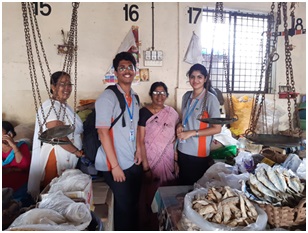
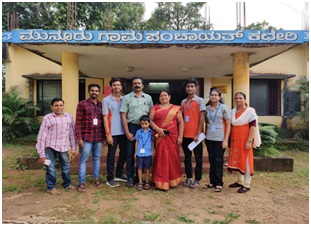
SUCCESSFUL PROJECTS
HEARING AID
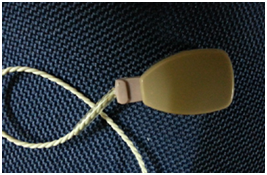
In the case of children who have hearing impairment from birth, the idea of making them hear their own voice from the moment they are born helps them cope with the impairment in a better way. Inspired by Baby-Pillow – a product that helps infants with profound hearing loss hear their own voice as well as that of the people around them. This Hearing Aid conceptualized a pillow that comes as a non-wearable Contact Conduction product with a light portable amplifier with an inbuilt mic and cache of sound. The integrated vibrators of CC in the baby beanbag located close to the splenius capitis muscles, makes it easier for the infant to pick up audio signals as they are more sensitive to audio signals. In addition, the team invented non-wearable CC that re-deploys the standard audio-vibrators (AV), by simultaneously feeding a full 100% range of audio-signal in any speech. Their efforts in this direction consider the possible supporting role of innovative hearing instrument technologies boosting affordable hearing health care services in the country and highlights the need for research that includes the requirements of most of the world’s population in need of hearing aids.
SMART HELMET
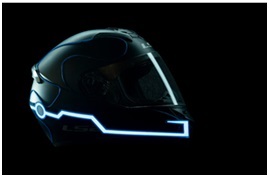
The smart electronic helmet has been designed and developed with an intention to revolutionize the use of helmets aimed at improving the safety of motorcycle riders and to enhance the riding experience, simultaneously. This makes the Helmet Smart, technologically advanced and user friendly. In the initial prototype of Smart Helmet, a microcontroller and sensors were installed on the helmet along with the RF transmitter and the receiver part was to be installed on the motorcycle with a circuit that connected the battery to the ignition system. Multiple iterations led to a bluetooth feature within the helmet and a smartphone application that enabled calling services only after the biker was at a halt and checked for alcohol levels making sure the biker abided by the law. After incorporating revised and modified features like theft security and distress alerts Smart Helmet received recognition for it’s unconventional design and intrinsic technical details.
Achievements
* Gold Award in an event organised by KPIT.
* 15 Lakhs from National Design Business incubator.
DREAM KIT
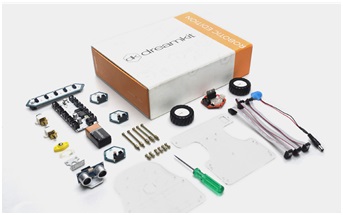
Dream Kit is a hands-on learning system of electronic building blocks that allows students to create and learn with technology and tinker their innovation. Dream Kit is designed for the young minds to get the finest experience of creation and it quietly dissolves the complexity of electronics, with simple to use, color-coded modular boards, easy to connect wires and hazard free design made completely focused on the kid’s learning & experience cycle. Programming with Dream Kit has been beautifully refurbished just for a child. With color-coded blocks and scratch based drag and drop programming, children can now program in simple English to give life to their crazy logics and innovative algorithms, rather than just wondering the syntaxes and debugging the errors in C, Java or Python programming!.
Achievements
* Incubated at Launchpad, NSRCEL, Indian Institute of Management, Bangalore.
* Finalists of Student Innovator Award 2019 organized by ICT Academy.
* Selected for fund support up to rupees 3 Lakhs by New Age Incubation Network (NAIN).
* Finalists of “Elevate 100 - 2018” organized by Startup Karnataka in association with Karnataka Innovation Technology Society (KITS) Department of IT & BT, Govt. of Karnataka.
DEEP MOTION
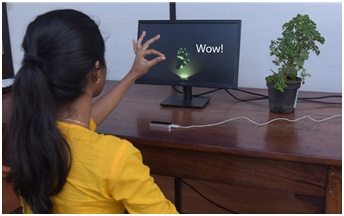
98% of deaf people in this world do not receive education in sign language. The plight of such a large population motivated the team to find a feasible solution, which in turn emerged to become Deep Motion. Therefore, in order to aid inclusion, between sign language and spoken languages, they translated sign language in real-time. After multiple secondary research and comparisons with current technologies working towards a similar cause, the team arrived at the concept of a time of flight depth- sensing camera. A time-of-flight camera (ToF camera) is a range imaging camera system that resolves distance between the camera and the subject for each point of the image, by measuring the round trip time of an artificial light signal provided by a laser or an LED. The ToF camera coupled with a program is used to track hand and finger movement. A program based on Deep Learning is used to recognize gestures found in sign language. When a match is found in the database the program converts the recognized gestures into text and further converts the text into speech. The team executed this solution using a Leap Motion and used the Unity platform to perform the computation written in Python Programming Language. The implementation successfully converts sign language into speech.
EDGE
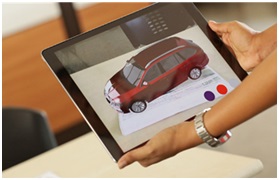
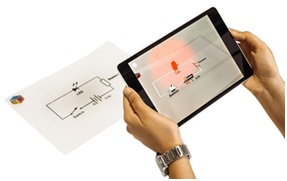
Most of the engineering concepts like Algorithms, Computer architecture are complex and difficult to understand. Even the pictures and presentation to an extent won't be that effective. With the aim of 3D in education, we propose a novel approach “EDGE - Education in Graphical Environment” which focuses on gamification of education. Gamification in E-Learning provides an effective, informal learning environment and helps learners practice real life situations and challenges in a safe environment. The learner can experience fun during the game and still learn with a constant level of engagement. It provides instant feedback so that learners know what they know or what they should know. Gamification can be used to fulfill most learning needs including induction and onboarding, product sales, customer support, soft skills, awareness creation and compliance.
DREAM ROVER
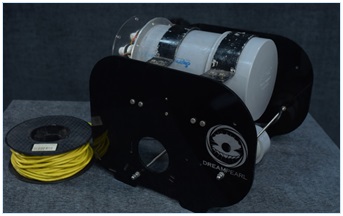
Fishing is one of the prime occupations along the coast sector in Southern India. Due to the complexity of the underwater environment and the limitations for human divers, underwater exploration has been restricted to the manual submarines. The team realised that there are a number of limitations that leave a massive vacuum for research, in terms of technology. The team came to a conclusion that unmanned underwater vehicles can be the alternative that would reduce the risk of human life. Remote Operated Vehicles (ROVs) can save a lot of time and fuel costs as well. The team developed autonomous fish tracking technology using an ROV equipped with a camera and provided with sonar sensors to obtain information about the location of the school of fish. Fish can be tracked and monitored using the concepts and algorithms of image processing in the Underwater Vision System. The information retrieved at the base station is used for further processing and studies. The sole aim is to improve marine technical education and also to help the fishermen find the fish effortlessly and prepare the nation’s future workforce for ocean-related occupations.
GAIT AID
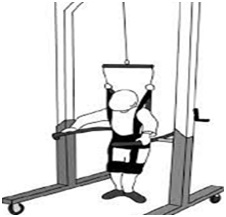
Through the Social Innovation Program initiated by DTLabz, experiential learning is encouraged among students to seek and define a problem as well as find a solution for the same. It was during one such event that the Gait Aid team were approached by a parent who happened to be a physiotherapist, to develop a device in order to help children with disabilities, especially Juvenile Arthritis. This device is specialised in dynamic mobility and gait training. The setup comprises a main frame, enclosing the motor - winch setup controlled using an automated controller. The motor setup lifts the body weight of the person through the horizontal structure that evenly distributes the body weight. The body carriage support is worn by the patient and is supported on the hanger. When the patient stands upright, the motor setup pulls the body weight upwards to give a locomotion aid. On an improved time period in rehabilitation, the device helps in forcing minute bodily movement with a very slow speed. The concept has crossed the initial stages and has been showcased on various platforms. The proposal is awaiting the government grant in order to kick-start the production process.
Achievements
Gold Award for Smart Helmet Project
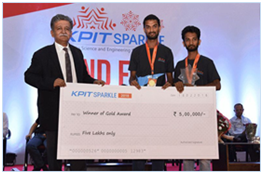
Project EDGE winning Elevate Call 2
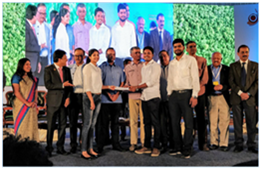
Winner of Youth for SDG Award, Hyderabad
